This last week has been an exciting one.
I had finished designing my next game, found a wonderful illustrator for it on Upwork, and will have a prototype ordered shortly!
It’s always exciting to see a project come together, this one being one of the quickest turnarounds with the highest level of design quality I’ve made so far. But it didn’t use to take less than a month to take an idea from concept-to-mvp.
The story of my first board game project is probably one that many other creatives can relate to.
Back when I started college I had a wild idea to make a game of my own. Something with a uniquely Calvin spin on it, that people would want to talk about. I landed on a roleplaying game. At the time, I had been a DM for a homebrew Dungeons and Dragons campaign and was itching to make something of my own.
Much like many other first-time creators, I decided to start off with my magnum opus and then work my way up from there.
An erroneous mistake I think far too many people make.
But what else should you set out to do, other than the greatest game you could ever possibly produce? To strive for anything short of perfection surely means to strive to mediocrity instead?
But exactly was expecting my first game to be amazing? Of course in my head if it was anything short of amazing, it wouldn’t be ready. I think it’s a way of protecting myself from negative criticism. Well if they don’t like it that’s too bad for them. My game IS perfect!
This year I’ve designed 5 games that my company has published. It’s been an incredible fulfilling ride so far, and I can safely say that I am having more fun now creating games not on a pedestal.
Starting off with smaller games in scope, and then working up to more complex and grander in scope games is something that sounds very correct. Starting off with a huge project, and staking all of my success on the single game, sounds much more incorrect.
Back in college I was really fascinated by movies like Escape from New York and Blade Runner and games like Metal Gear Solid V and Xcom at the time, and wanted to blend those themes with my love of roleplaying games.
Enters my game: a hyper-brutal roleplaying game of paramilitary forces and the KGB fighting each other in a alternative cold war set in the late 80s… with a hidden traitor mechanic.
That’s quite the order for my first project ever.
What started off as a side project in between classes turned into an obsession lasting well past 2am everyday. I was hooked, and every one of my playtesters claimed to enjoy it.
I loved working on it so much that I didn’t mind redesigning it several times. Whatever my players suggested I took seriously, but there were flaws with the game that I was always trying to fix.
Five versions and countless changes later I decided that I might not know what I am doing, and decided to freeze the project.
I think about my time making that game a lot. It was exciting thinking about how the mechanics would interact with one another, designing classes and guns based on what I think each of my friends would like.
It was a good exercise at the time, as I would do weekly test nights with friends I had plenty of opportunities to get immediate feedback. I created content I thought would resonate with them, and to this day I have a trove of stories I remember fondly with friends.
While I think I’ve moved on from many of the design philosophies I had at the time, I think it taught me to think about different perspectives. I had to approach the game as a designer, a game master, and player (to make sure it’s actually fun).
I’ve learned since then that while I may have shown my idea for my game too early on in the process for player feedback, there are game designers out there so transfixed with creating the perfect game that they never even allow their game to be played. Ever.
While the game is scrapped as a project, it still created real fun for me and my friends.
Each class had to be impactful and helpful in the right situation, and I tried to make each class as cool and enticing to play as possible.
But no matter what I did the players shat all over the engineer class. No matter what. It goes to reason that there are some things that players are inherently stubborn about, and even though I try to predict everything my players could ever ask for in a game, they will still surprise me.
Because of my first game I learned to ask plenty of questions to make my predictions more like statements.
So while that game never got published, most likely never will, I still received benefits that help me to this day. It was a great experience to have, and I think being able to walk away from projects that I am passionate is an incredibly important skill to have.
I never made that magnum opus , but I don't think I will know it's been made until well after the fact.

